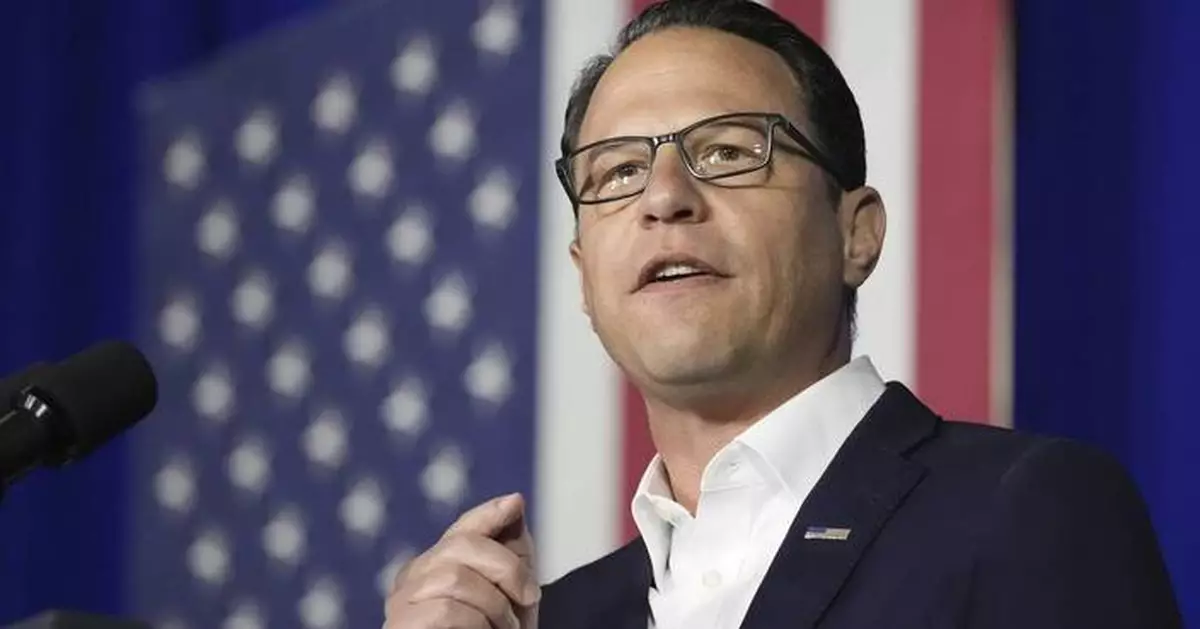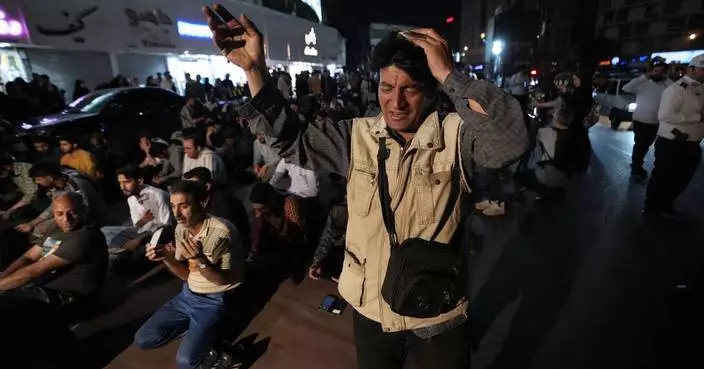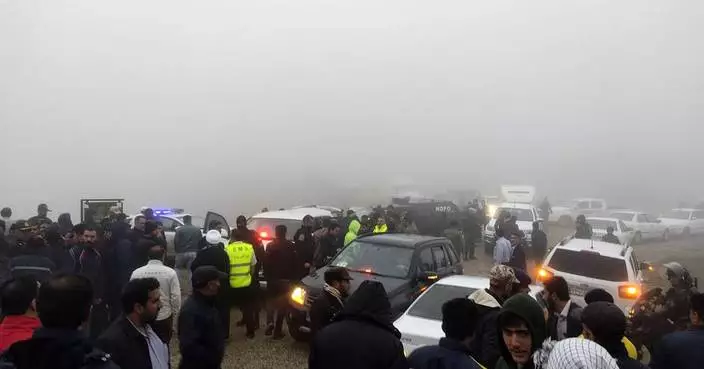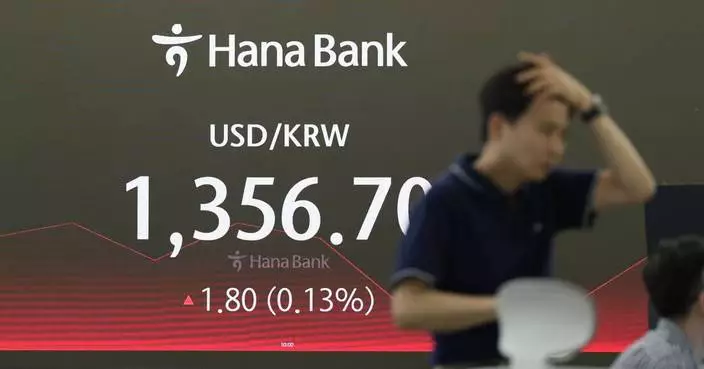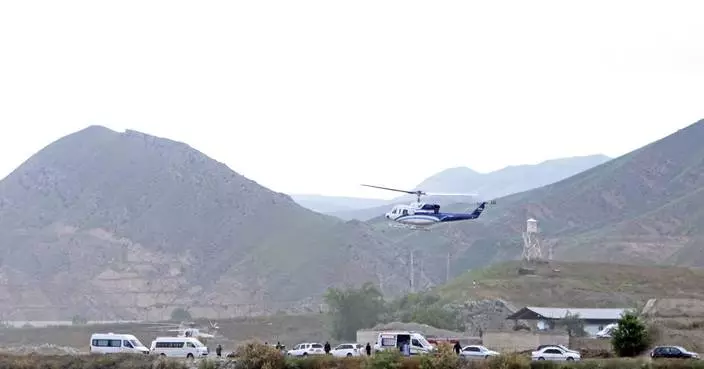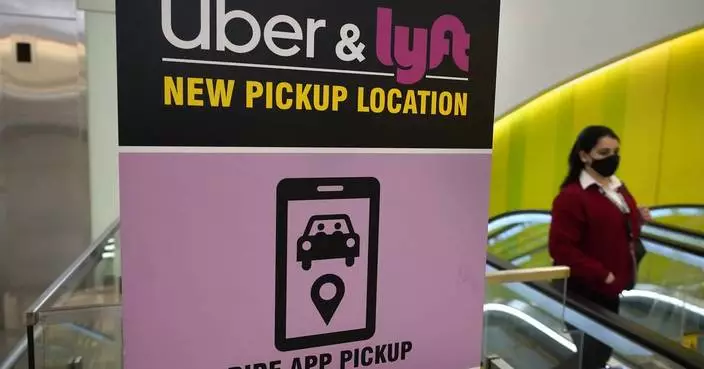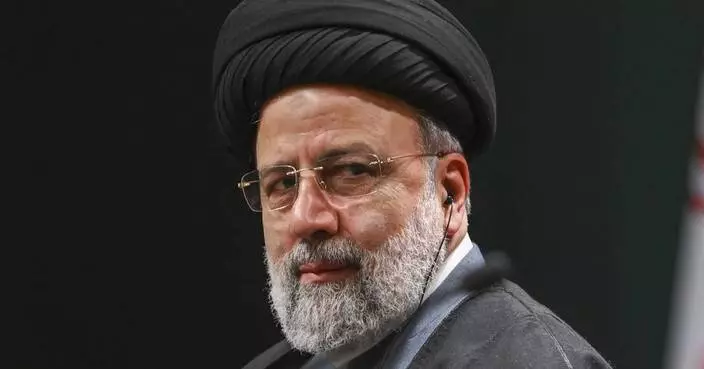HARRISBURG, Pa. (AP) — Pennsylvania will join the majority of states that ban motorists from handling a cell phone for almost any purpose while driving, as backers of the legislation hope to reduce distracted driving accidents and deaths after nearly two decades of pressing the measure.
Gov. Josh Shapiro's office said Thursday that the Democrat will sign the bill, 18 years after he first introduced a similar bill when he served in the state House of Representatives. The ban will take effect a year after he signs it, which is expected in the coming days.
The bill also includes a provision long-sought by the Pennsylvania Legislative Black Caucus as a bulwark against racial profiling. That provision requires bigger police departments, as well as the Pennsylvania State Police, to collect and publicly report data on traffic stops, including a driver's race.
The bill passed both chambers of the state Legislature this week and will bring Pennsylvania into alignment with the law on motorists' cell phone use in every one of its neighboring states. Currently, Pennsylvania's restriction on cell phone use while driving applies only to texting.
Sen. Rosemary Brown, R-Monroe, had pushed for more than a decade to toughen Pennsylvania's restriction on cell phone use while driving. Its passage is a “monumental victory” for Pennsylvania that will protect drivers, prevent crashes and save lives, Brown said in a statement.
Under the bill, police can ticket a driver who is handling their phone for almost any reason. Drivers can still use their phone to make phone calls or for other functions, such as listening to music, if they are using it hands-free with technology such as a docking station, Bluetooth or speakers.
The ban applies to motorists sitting in traffic or stopped at a traffic light, but does not include a driver who has parked on the side of the road or another place where the vehicle can remain stopped safely.
Other exceptions include for navigational use or alerting emergency responders. A first offense is punishable by a $50 fine and offenders who cause serious accidents could get more time in prison.
Shapiro called the bill “common sense.”
“I’ve met too many families that have an empty seat at the dinner table because of distracted driving. I’ve met too many people with injuries that they’re going to live with for the rest of their lives because they were hit by a distracted motorist,” Shapiro told WILK-FM radio in Pittston during an interview last month.
Crashes where a distracted driver was a contributing factor are down in Pennsylvania in the past decade, as crashes overall have declined, according to state data.
In some years, it was the second-leading cause of accidents. In 2022, it was the third-leading cause. That was behind speed and improper turning, but ahead of drinking alcohol, careless passing and tailgating.
Twenty-eight states already ban cell phone use while driving, according information from the National Conference of State Legislatures.
Meanwhile, at least 23 states have laws on collecting data on traffic stops, the group said.
Rep. Napoleon Nelson, D-Montgomery, the chair of the Pennsylvania Legislative Black Caucus, said caucus members were concerned that police could abuse a broad new power to pull over motorists and target racial minorities.
Collecting traffic stop data is important for accountability, Nelson said.
“I think this will be a significant win for transparency and help to continue building trust between community members and those who are sworn to serve and protect,” Nelson said in an interview.
Rep. Donna Bullock, D-Philadelphia, who worked for several years to get the provision into law, called it a “big step for Pennsylvania.” The Pennsylvania State Police recently began voluntarily collecting and reporting traffic stop data and some municipal police departments do as well, Bullock said.
But the methods of individual departments aren't uniform, like they will be under the new law, Bullock said.
Data released last year by the state police and analyzed by the National Policing Institute showed no disparities between racial and ethnic groups for warnings, citations or arrests. But troopers were more than twice more likely to search Black and Hispanic drivers than white drivers, the report showed.
Under the forthcoming law, data that police must report includes the reason for the stop, details from a search of the vehicle and the race, ethnicity, age and gender of the driver who was stopped. Police forces that serve municipalities under 5,000 people are exempt from the requirement.
The data collection requirement takes effect in a year and a half. After the cell phone ban takes effect, drivers get a grace period of another year in which they only receive a written warning for violating it.
Follow Marc Levy at twitter.com/timelywriter.

FILE - Gov. Josh Shapiro, D-Pa., speaks at a campaign event, Tuesday, April 16, 2024, in Scranton, Pa. Republican lawmakers on Tuesday advanced legislation for a $3 billion tax cut, their just-unveiled counterproposal to Democratic Gov. Josh Shapiro's budget plan as each side offers a competing vision for how to use a massive cash surplus sitting in the state treasury. (AP Photo/Alex Brandon, File)


